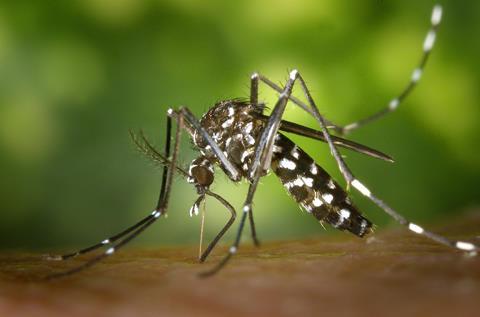Livestock husbandry provides people with a means of generating revenue and sustenance. However, this activity influences the dispersal of mosquitoes and the diseases that they transmit.

Therefore, a new study, published in Zoonoses, is aimed at examining the effects of livestock husbandry on mosquito population density and the spread of mosquito-borne diseases (MBDs), to raise public awareness of how to protect against MBDs.
To accomplish these objectives, relevant material was gathered by searching pertinent databases and extracting relevant data. Overall, it was found that livestock husbandry can have both positive and negative effects on MBD occurrence. Furthermore, cattle husbandry increases mosquito populations, and pigs, horses, dogs, and cats can serve as sentinel animals for arboviruses.
READ MORE: West Nile virus emergence and spread in Europe linked to agricultural activities
READ MORE: How evolution tamed a deadly virus and why we should still worry
Implementing strategies such as administering endectocides to cattle and relocating large animals away from residential areas can safeguard against MBDs. The research suggests that the One Health approach is essential for effectively managing and controlling MBDs. Moreover, offering comprehensive public education regarding potential zoonotic disease hazards associated with livestock husbandry is crucial in both rural and urban areas.







No comments yet